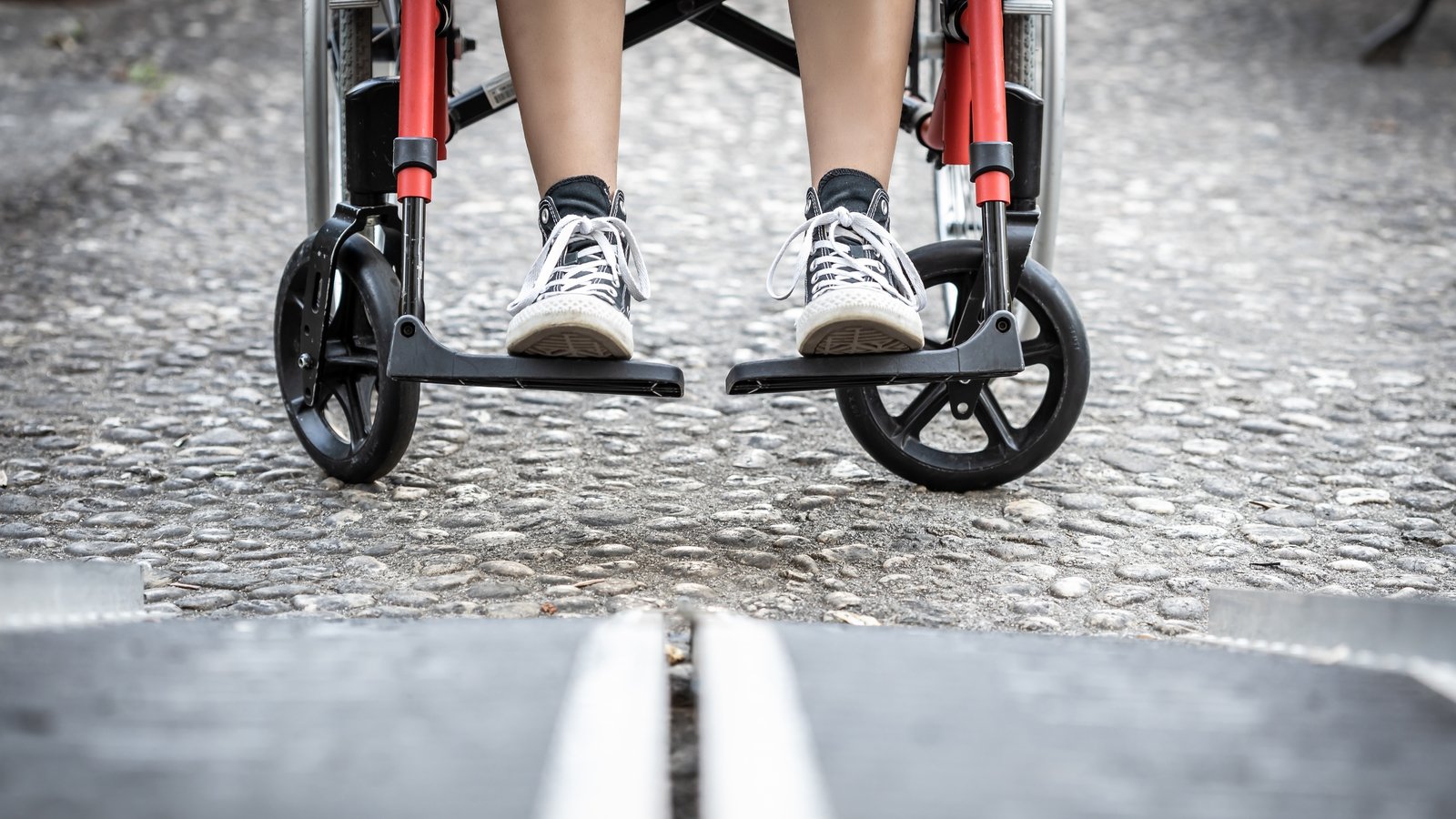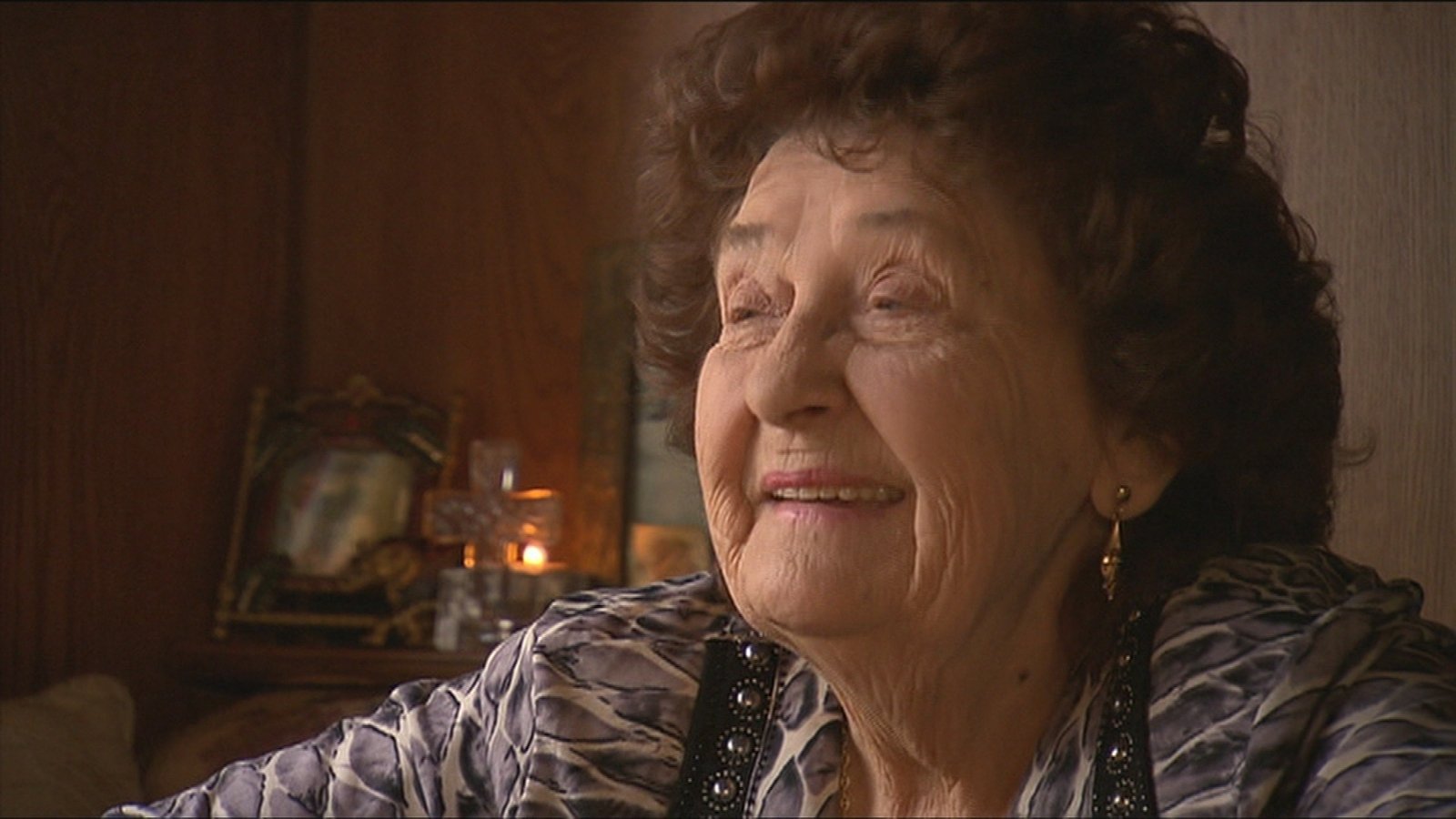More inclusivity may help combat ableism: report


More inclusive communities and workplaces may help to combat prejudice and discrimination against disabled people according to the Economic and Social Research Institute (ESRI).
The ESRI investigated different forms of “ableism”, which is the conscious or subconscious belief that socio-typical abilities are superior.
It found that negative stereotypes of some disabilities may be used to justify prejudice.
A survey of 2,000 adults showed higher levels of ableism towards mental health conditions, intellectual disabilities and autism than physical or sensory disabilities.
The participants were offered various scenarios of potential discrimination.
Those scenarios were based on whether an individual had a disability, the type of disability they had and their gender.
While they judged potential prejudice against disabled people as unacceptable across all the scenarios; they viewed it as more acceptable, for example, to reduce the school hours of a child with autism than a child with a speech and language disorder.
The study also revealed a connection between ableism and sexism.
Respondents judged a physically disabled single mother starting a new relationship as significantly less acceptable than a single father with the same disability starting a relationship.
A notable finding from the study, funded by the National Disability Authority, was that respondents most familiar with disability – such as those with lived experience of disability or whose partner or child had a disability – showed lower levels of ableism across all scenarios.
The ESRI’s lead report author Dr Shane Timmons said that while most people expressed positive attitudes towards people with disability, “subtle ableist beliefs may pose a significant challenge for disabled people”.
“We see that some forms of ableism may depend on the social situation, the nature of someone’s disability or even on their gender.
Not being familiar with a disabled person is associated with stronger ableist beliefs, so improving the inclusion of disabled people in communities and workplaces may help to combat this prejudice and discrimination,” he said.
National Disability Authority director, Dr Aideen Hartney, welcomed the research which she said improved understanding of attitudes towards disabled people.
“Work is underway currently to develop a new National Disability Strategy and these findings can help inform the actions to reduce discrimination and ableism in society,” she said.



